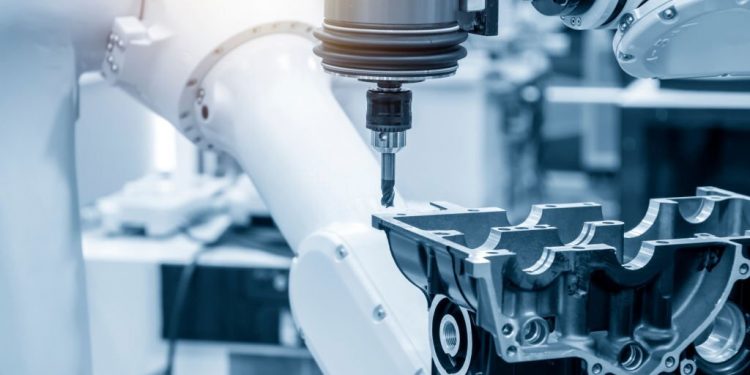Precision castings are a type of investment casting that offers a number of manufacturing benefits over other casting methods. They are typically made from ferrous or non-ferrous metals, and the process can be used to produce parts with very tight tolerances.
There are a number of different roller designs that can be used in the precision casting process, and each offers its own individual benefits. For example, the solid roller design is well suited for high-volume production, while the split roller design offers increased flexibility and is often used for prototype parts.
In this article, we will take a closer look at precision casting and its benefits:
All You Need To Know About Fabrication Process Of Precision Casting
Precision casting is a type of casting process that is used to create metal parts that are extremely precise. The process starts with a metal alloy being melted and poured into a mold. The mold is then placed into a furnace where it is heated to a very high temperature. After the mold has cooled, the metal part is removed from the mold and the process is complete.
Precision casting is an efficient and accurate way to create metal parts, and it is often used for objects that require a high degree of accuracy, such as aerospace components and medical devices.
There are several steps involved in the precision casting process, from creating the mold to pouring the metal to finishing the product. In this article, we’ll take a closer look at each of these steps so you can see how this process works.
To be precise, precision casting is a process that allows metals to be cast into very precise and intricate shapes. This process is often used for products that require a high degree of accuracy, such as engine parts, medical devices, and aerospace components.
How Precision Casting is Improving the Strength of Engine Parts in Various Industries?
Precision Casting is a manufacturing process that uses a metal casting design to produce parts with a high level of detail, in less time than traditional casting methods.
The first use case for precision casting is the automotive industry. The engine block and cylinder head are two of the most important components to an engine; in order to create these components, precision castings are used.
Precision casting has been used in the aerospace industry for decades to create component parts because it reduces cost and makes it easier to manufacture complex shapes accurately. These days, aerospace companies also use precision castings because it decreases lead times and improves part quality as well.
Manufacturing companies are now using this technology for all kinds of products including medical products, construction materials, industrial machinery and more.
Precision casting allows industries to produce higher quality products at a faster rate than ever before.
Conclusion:
In conclusion, precision casting is a type of casting that is used in a variety of industries. It has long been used by manufacturers in the automotive industry and other heavy industries like aerospace. It has also seen a rise in medical and dental fields as well, with companies like 3-D printing systems using it to cast titanium for implants.





